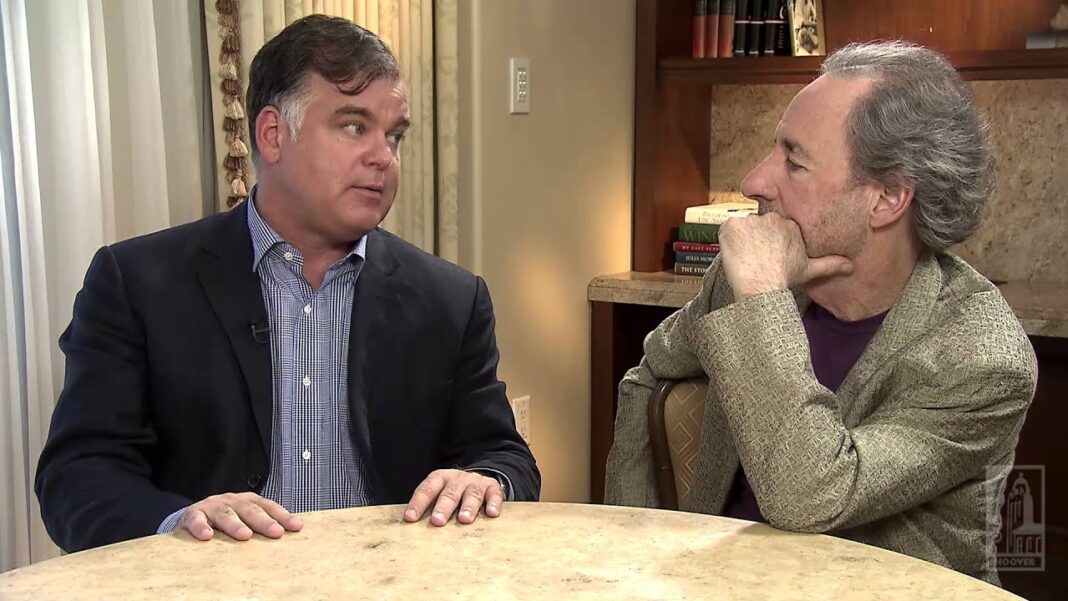Starting in January, insurers will be unable to charge consumers more based on such factors as health status and occupation — but smoking may cost you.
November 21, 2012
USA Today
By Kelly Kennedy
WASHINGTON — The Obama administration released new health care regulations Tuesday that preclude insurers from adjusting premiums based on pre-existing or chronic health conditions, tell states what benefits must be included in health exchange plans, and allow employers to reward employees who work to remain healthy.
“The Affordable Care Act is building a health insurance market that works for consumers,” said Health and Human Services Secretary Kathleen Sebelius. “Thanks to the health care law, no one will be discriminated against because of a pre-existing condition.”
The rules released so far aim to:
— Stop insurers, starting in January, from charging more for insurance or refusing service to people who have pre-existing or chronic health conditions. Insurers may not charge seniors more than three times the amount they charge young people. Now, insurers in 42 states charge seniors five or more times the amount they charge young adults.
— Allow insurers to charge smokers more, as well as adjust premiums based on family size and geography.
— Prohibit insurers from using claims history, health status, gender and occupation to increase premiums.
— Require states to have 10 essential benefits, such as prescription drug coverage or hospital care, provided in the new health care exchanges — websites set up so consumers can quickly and easily see what plans are available in their states. The benefits are meant to make it easier for consumers to see a comparison in prices and coverage. However, the new rules allow the states to determine how those benefits are set up.
— Allow employers to use wellness programs to promote health and try to control health care costs. Employers may reward people for annual exams or regular work outs, but they may not punish people who don’t engage in those activities.
— Propose implementing and expanding employment-based wellness programs to promote health and help control health care spending, while ensuring that individuals are protected from unfair underwriting practices that could otherwise reduce benefits based on health status.
None of the health care regulations are unexpected: They provide guidance for implementing provisions within the 2010 health care law. They are also not final. There is a 90-day comment period during which the government and participants can negotiate to adjust the regulations.
Some industry representatives have complained that the rules were released too slowly or delayed until after the election for political reasons.
“We thought we needed to have the regulations – all of them – by 2012,” said Alissa Fox, senior vice president of policy for the Blue Cross and Blue Shield Association. “Everything is so interconnected you really need to see the whole picture.”
Without the rules, she said, states will make avoidable mistakes as they create their exchanges.
Essential health benefits, Fox said, should not be so comprehensive that plans become too expensive. The government, she said, should focus on keeping plans simple to help states meet their deadlines.
“While additional flexibility on essential health benefits is a positive step, we remain concerned that many families and small businesses will be required to purchase coverage that is more costly than they have today,” said America’s Health Insurance Plans’ CEO Karen Ignagni.
Others have argued for stronger requirements.
“This flexibility should not become a reason to allow for benefit restrictions and limitations on people with certain medical conditions like cancer,” said Stephen Finan, policy director at the American Cancer Society Cancer Action Network. “We hope the country will move toward a uniform definition of coverage in the next few years that provides patients with an evidence-based continuum of care, regardless of their geographic location.”
Insurers and employers have already started cooperating to implement ideas in the proposed rules, Fox said, such as offering lower premiums to people who undergo wellness checks. In some cases, a wellness check that catches a heart condition early through a blood test could save an employer several thousand dollars.
“The Affordable Care Act recognizes that well-run, equitable workplace wellness programs allow workers to access services that can help them and their families lead healthier lives,” said Secretary of Labor Hilda Solis. “Employers, too, can benefit from reduced costs associated with a healthier workforce.”
About the Author:
Kelly Kennedy covers health policy for USA TODAY. She is an Army veteran and author of They Fought for Each Other. In her spare time, she dances ballet and completely loses her military bearing.






